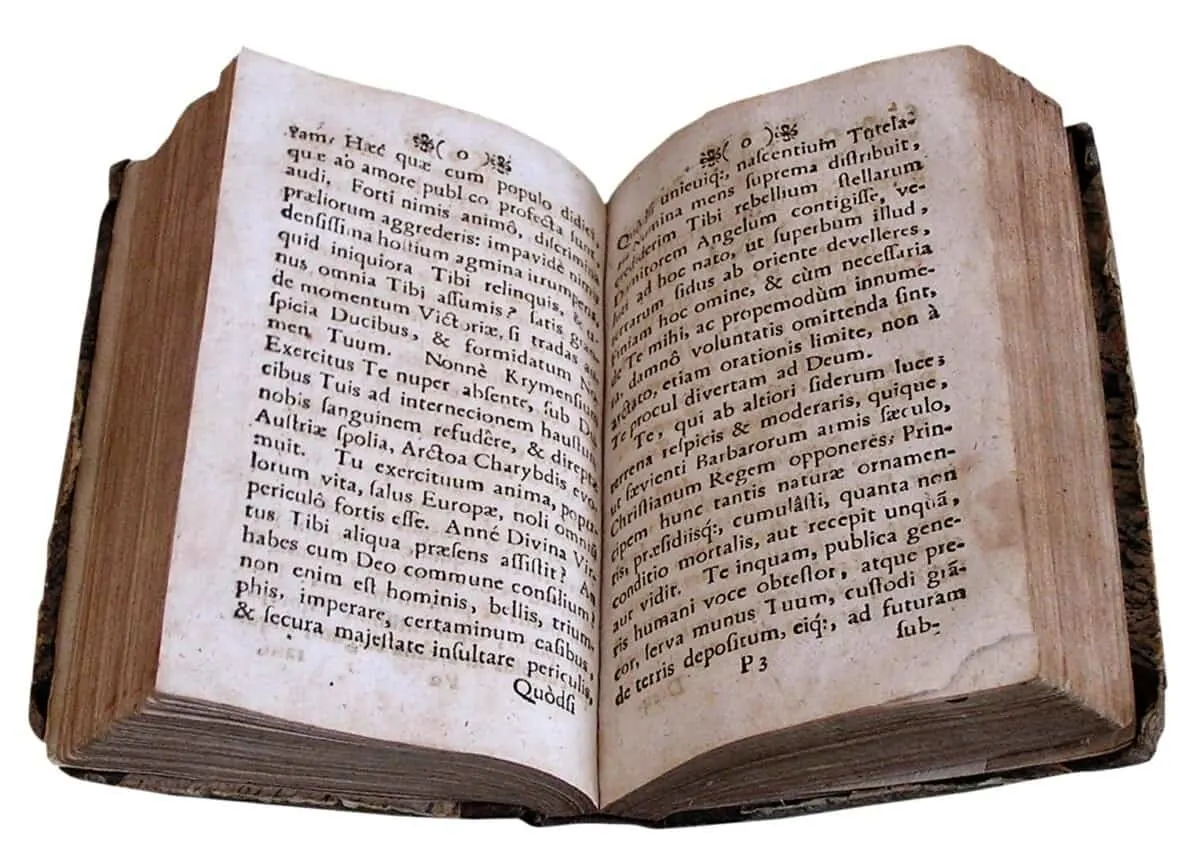As we write, we sometimes find it necessary to add a little more context for the reader. Parenthetical comments are a common way to add a brief aside or more than one aside, but what do we call this? Is it “parenthesis” or “parentheses”? The main difference between “parenthesis” and “parentheses” is that of the …
Academics
The English language can be quite complex at times. Just when you think you’ve mastered a concept, something will come along that will throw doubt your way. One common source of confusion is what verb form to use after “everyone” — Is it “everyone is” or “everyone are”? “Everyone is” will be the correct choice. …
The apostrophe has three functions in English. We use it to form possessive forms of nouns, form the plurals of letters, numbers, and symbols, and show the omission of letters in contractions. Which function or functions does the apostrophe serve in “week’s” and “weeks’”? The apostrophe -s in “week’s” functions to create the possessive form …
“Per se” is a Latin term that some English speakers and writers use frequently and, often, unnecessarily. Occasionally, you’ll even see someone write the term as “per say,” so what is the correct spelling and use of the term? “Per se,” is correct as it is a Latin phrase for “by itself” or “in itself,” …
Imagine a little boy hears he can’t have dessert after dinner. Like most children, he might say, “I ate all of my vegetables, though!” But, can you use “though” at the end of a sentence? You can end a sentence with “though.” It is not wrong. However, you would do so more often in casual …
F. Scott Fitzgerald said, “The test of a first-rate intelligence is the ability to hold two opposed ideas in the mind at the same time and still retain the ability to function.” But how would he feel about two comparative forms both being equally correct? Both “cleverer” and “more clever” are correct. The grammatical rule …






